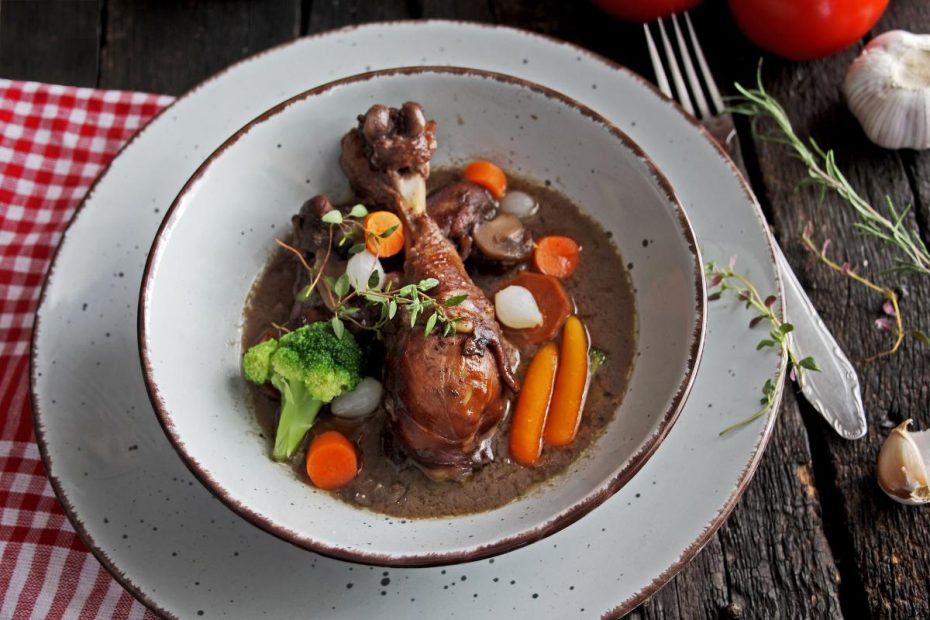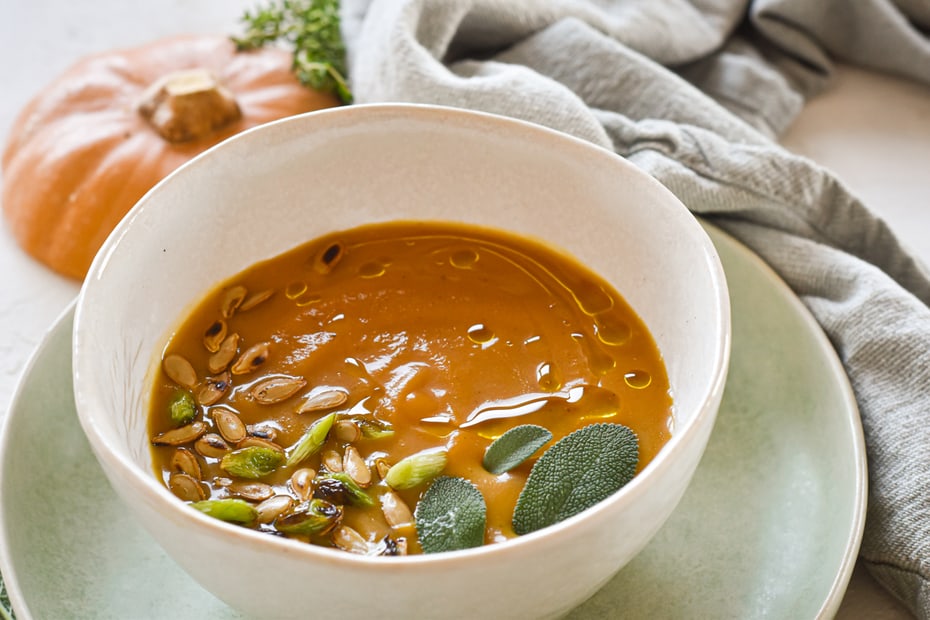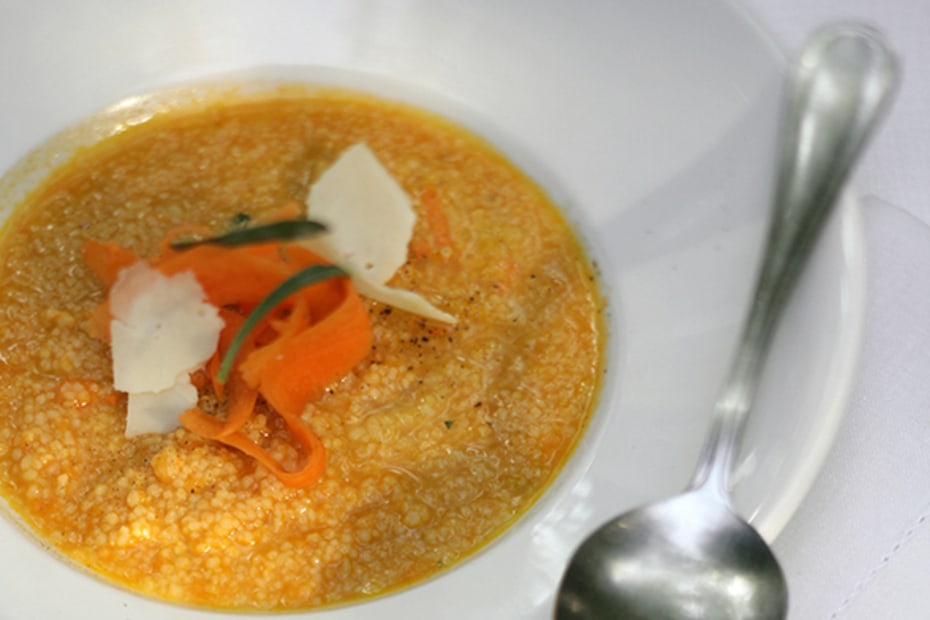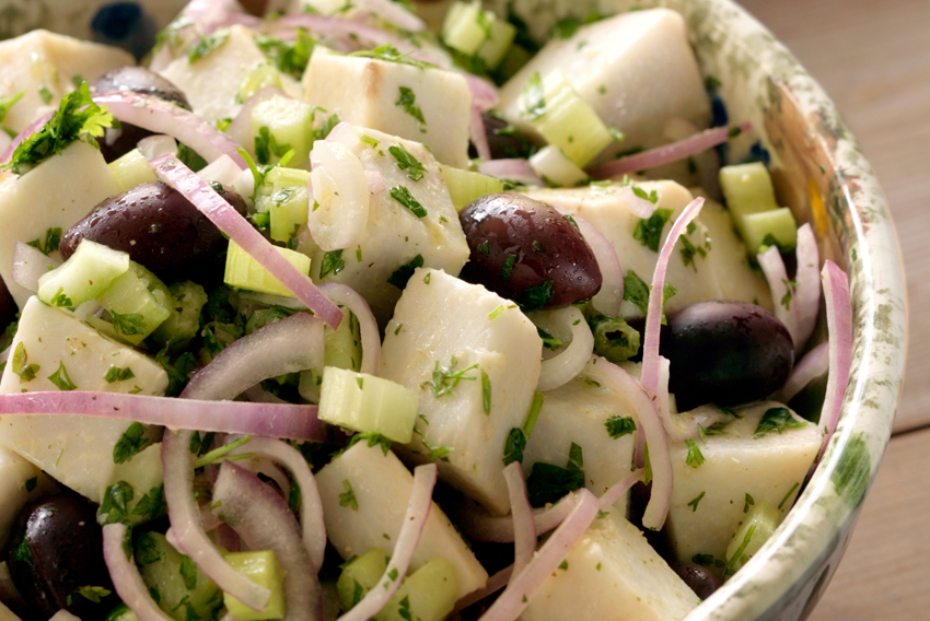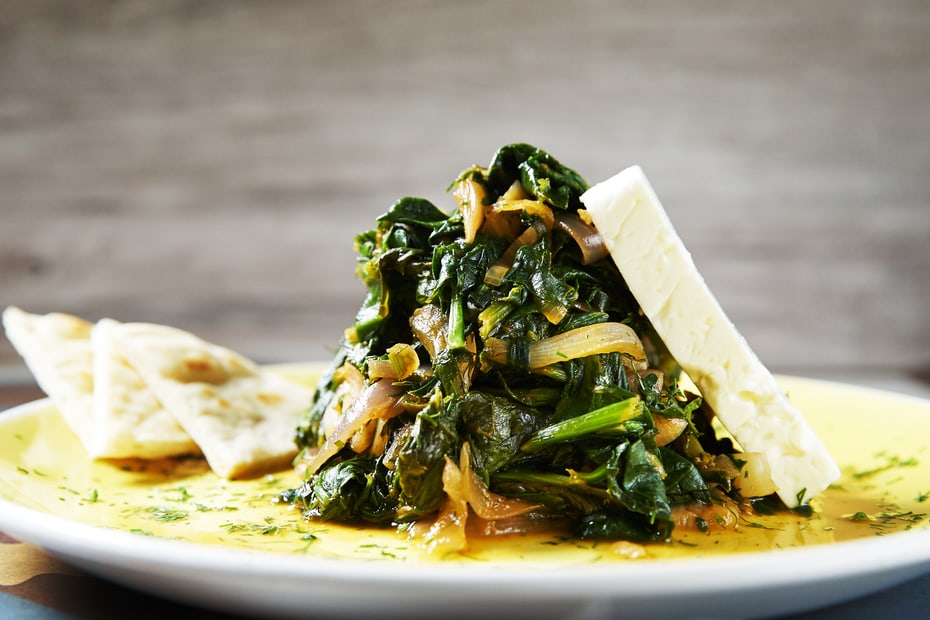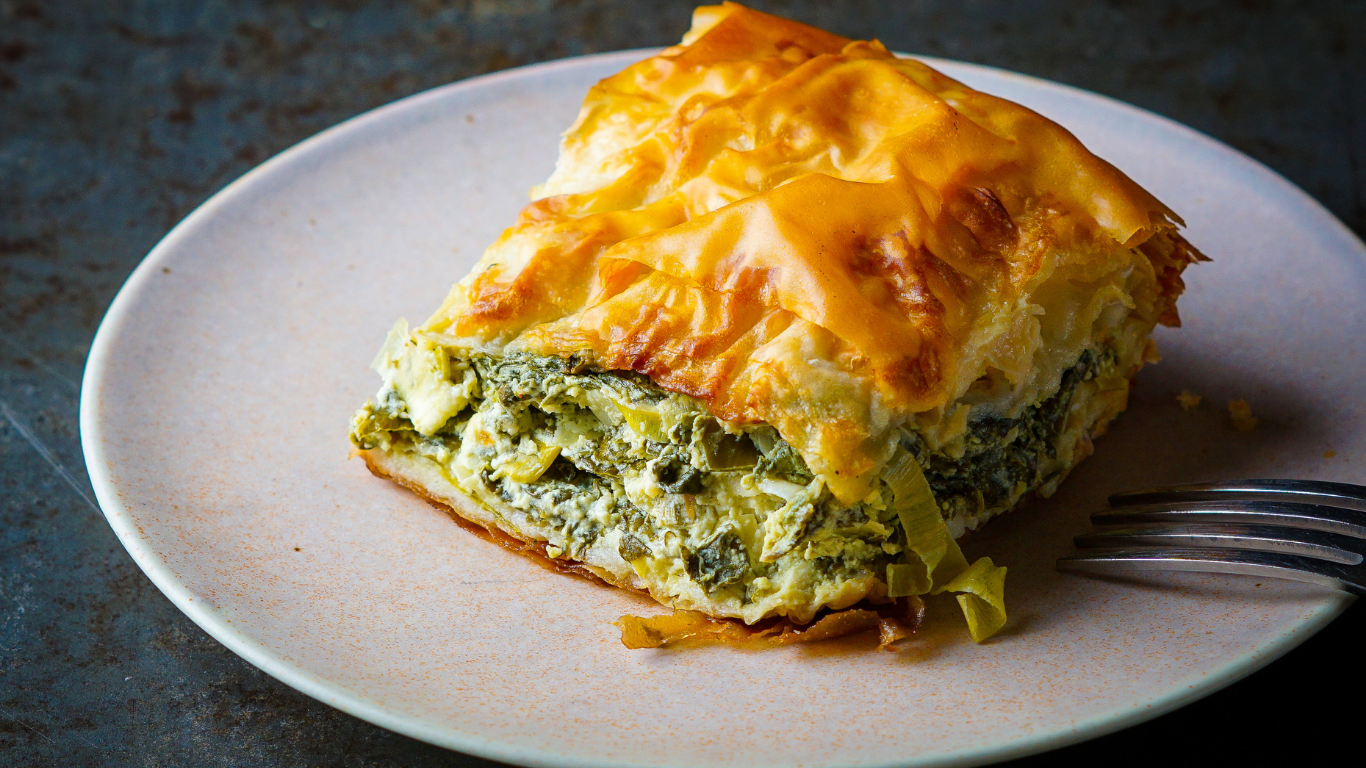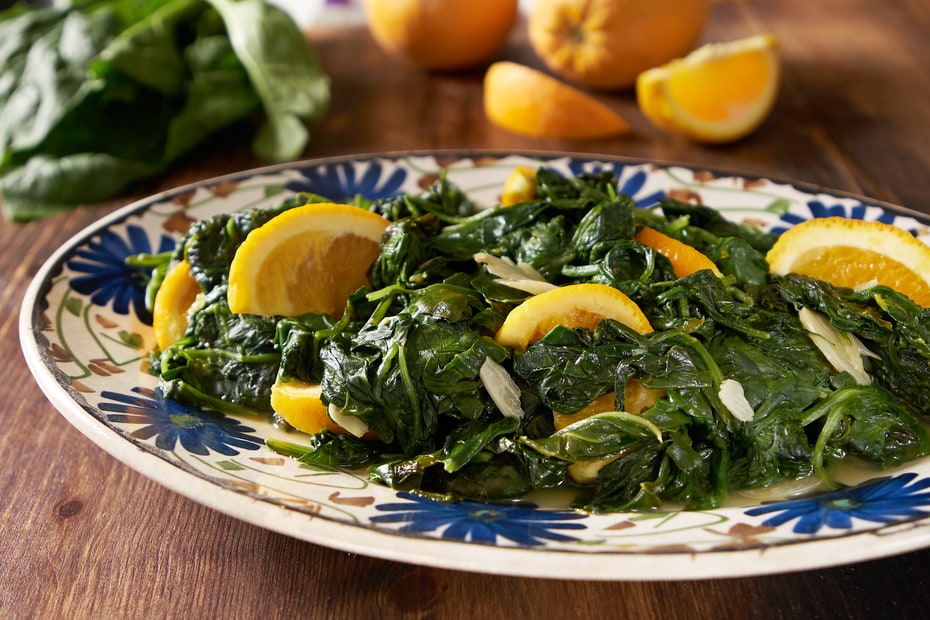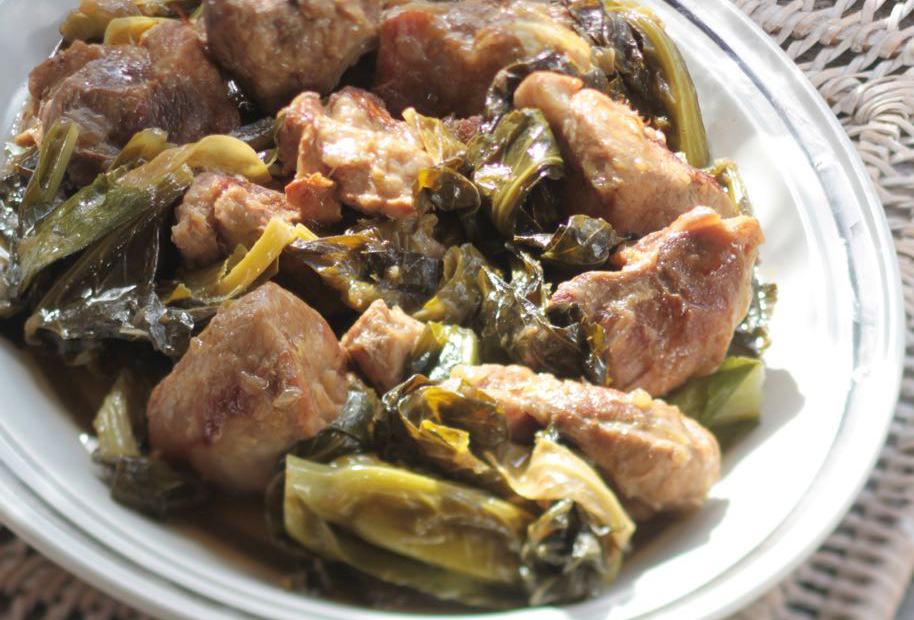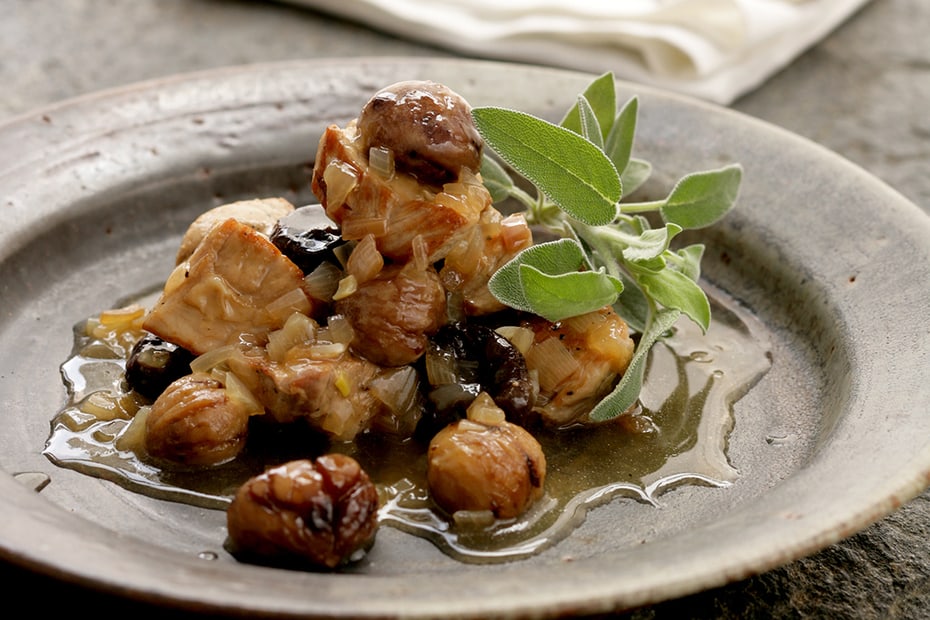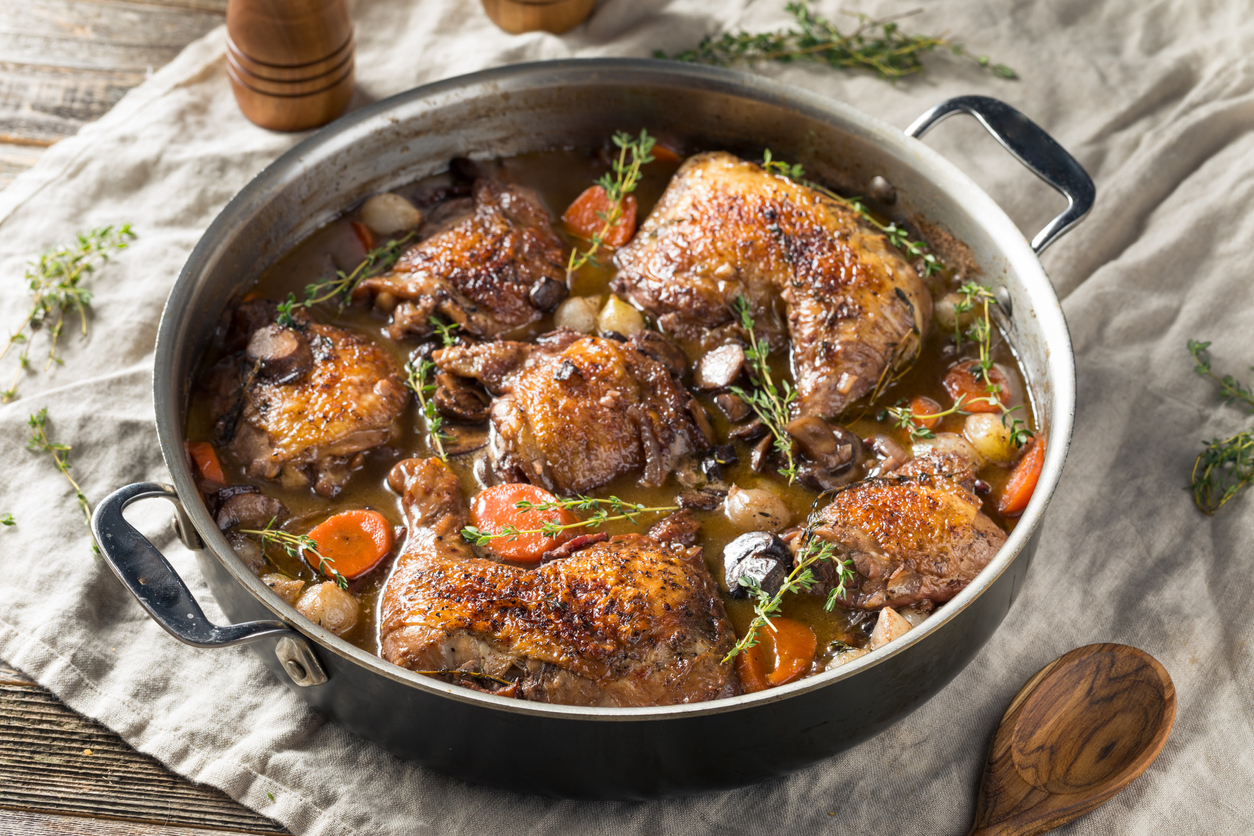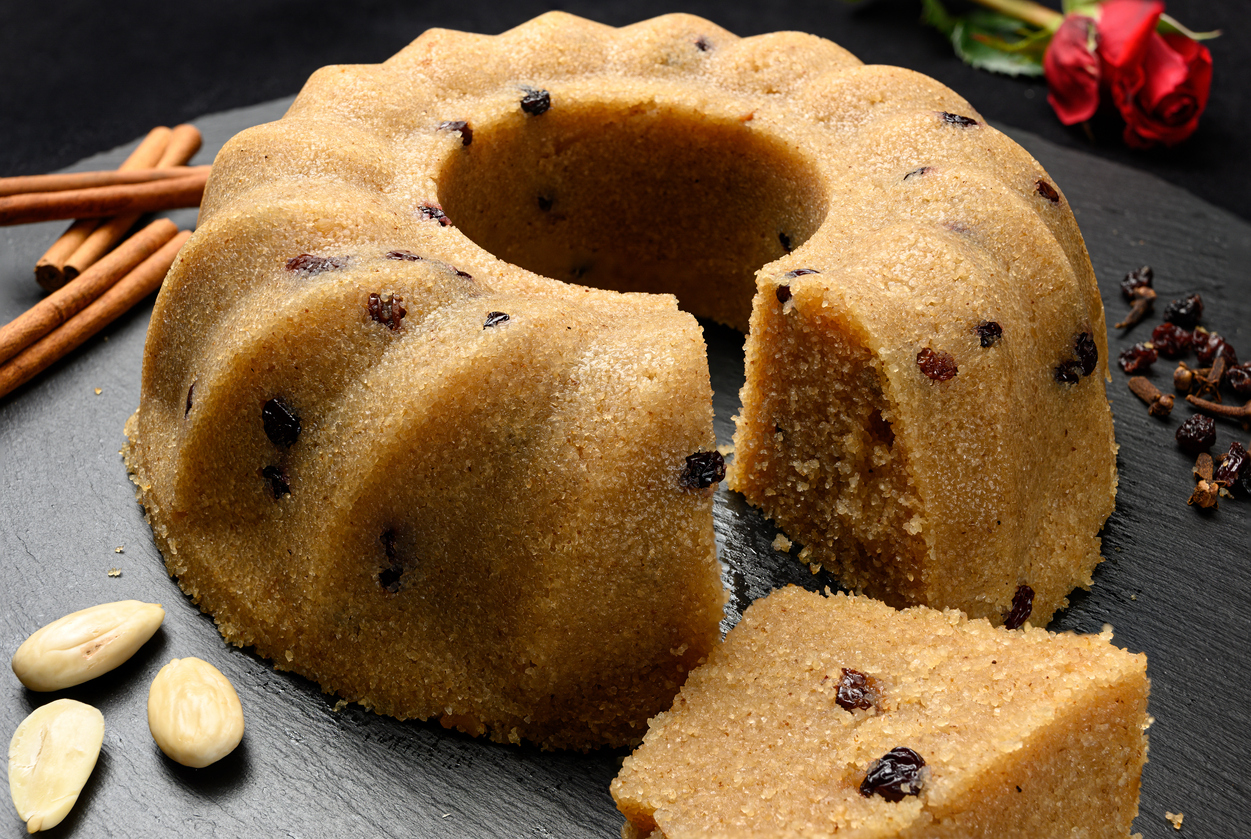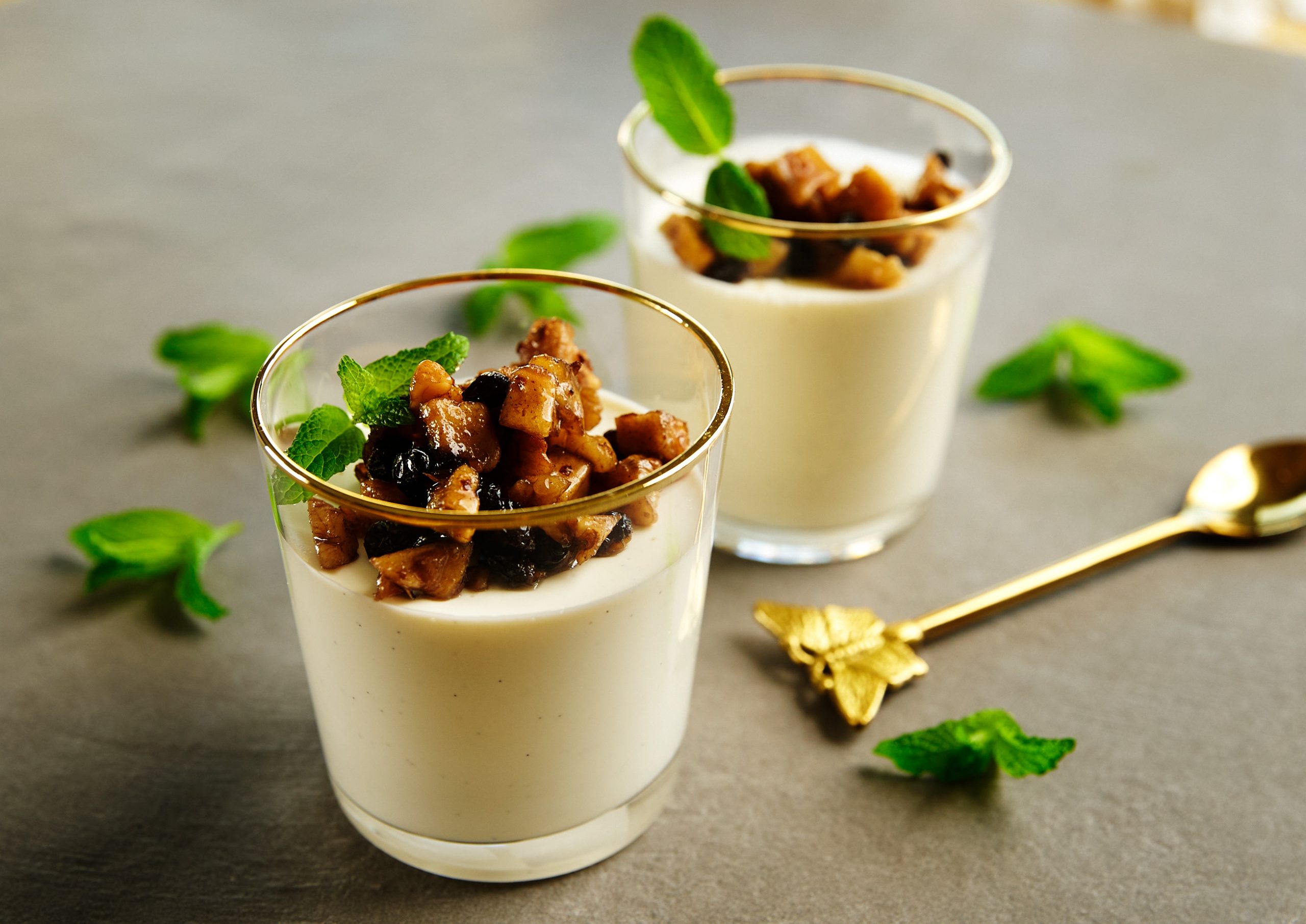Try infusing your table with the bright colors and nourishing flavors of pumpkin and winter squash, the earthy richness of taro root, and the vitality of hearty greens.
These staples not only elevate your dishes, but will also bring a touch of Ikarian longevity to your holiday feasts! From vibrant veggie dishes to the island’s most traditional meaty masterpieces, there are so many great ways to incorporate Ikaria into your holiday dining habits.
Pumpkin/Winter Squash
Pumpkin is a beloved local vegetable on Ikaria. It’s delicious, yes, but it’s also nutrient-dense, with low calories and saturated fats, but plenty of dietary fiber, antioxidants, minerals, and vitamins. This is actually one of the food items recommended in cholesterol-controlling and weight-reduction programs – so it’s the perfect addition to your holiday table!
I have 2 particularly great pumpkin soup recipes on my site. First, there’s Pumpkin Soup Infused with Greek Sage Tea, where I transform a cup of tea into something with which to infuse a pot of soup! And sage tea is one of the most delicious and therapeutic Greek herbal teas – the perfect way to keep your health up during a holiday season!
And my Pumpkin-Carrot Soup with Trahana and Graviera combines seasonal vegetables with one of Greece’s most ancient, traditional grain products, trahana. Here is a Greek recipe for soup that combines hearty winter vegetables with trahana in a beautiful, sating, healthy Mediterranean Diet way!
Taro Root
On Ikaria, taro remains one of the main sources of starch, especially in winter – but this vegetable is way better for you than the potato, that other typical source of starch. It has 3 times more dietary fiber than a potato, and it has plenty of vitamin C and vitamin E, plus minerals like magnesium, potassium, phosphorus, copper, and manganese. It makes the perfect addition to salad, and it can also be stewed with goat or pork, cooked with beans, or pureed for skordalia. But you can cook it similarly to a potato, and use it in many of the same ways. But I love it in this Ikarian Taro Root Salad, a healthy side (or main!) that will really spruce up your holiday eating.
Greens
Greens are another classic wintery seasonal option, and they are certainly one of the roots of the longevity statistics. They are a very popular wintery option when you’re trying to keep it healthy this holiday season, while still sticking with the Mediterranean diet! And while you might not be able to forage where you are, greens like spinach and kale can be found just about anywhere (and are just as healthy and versatile). Try a pile of delicious greens in tsigareli and spanakorizo, both classic Greek recipes. You can also fit greens into all kinds of delicious Greek pie recipes, like this Classic Spanakopita, which comes in many variations all over Greece and, I dare say, all over the Greek diaspora, too. The timeless appeal of spinach, onions and feta are why this iconic savory pie is such a classic.
Want to go even lighter? There are so many salad recipes depending on greens in the Greek repertoire. This Arugula Salad with Persimmons, Candied Walnuts and Feta calls for the addition of persimmons, one of the most delicious winter fruits and common in Greece, where it is known as “lotos.” It is packed with vitamins A and C, a whole rainbow of phytonutrients, fiber, copper and phosphorus.
This recipe for Sautéed Spinach with Orange and Garlic comes from Mani, the southern part of the Peloponnese where citrus and olive trees flourish. I sampled this humble dish in the home of a local cook many years ago and have made it countless times over the years. Oranges and olive oil and a generous dose of garlic provide the flavor palette that enhances the spinach!
Pork
I do often talk about the importance of vegetables and plant-based eating in the Ikarian diet (and also in the Greek diet more generally), but there are times when meat takes center stage! And on Ikaria, that means pork recipes hit the table around Christmastime. The holiday pork slaughter is still a living tradition on Ikaria and pork is still the winter meat. It ends up getting preserved in so many ways to be enjoyed for the rest of the year! Pork is not, of course, the first food that comes to mind when one thinks of healthy eating, but it’s a very important part of the local Ikarian diet, and, more so, an integral part of the Mediterranean diet. It all comes down to quantities, where it’s eaten only sparingly.
Lemony pork stewed with collards (lahanides in Greek) is probably the most popular winter recipe on Ikaria, a Sunday and holiday treat that calls for strong wine and company. There are at least three versions of this dish. The first is with fresh pork, preferably bone-in (for more flavor). But the more traditional versions, if you have a family pig and a fireplace over which to smoke it once you slaughter it, is for smoked pork.
And when it comes to this Pork Loin with Chestnuts, Hazelnuts and Dried Figs, the combination of meats with nuts and dried fruits is a favorite in the contemporary Greek kitchen. This dish goes well with a glass of Northern Greek Xinomavro red wine!
Rooster
Pork isn’t the only meat that is popular during the holidays! Rooster is a much esteemed meat in the Mediterranean and in the Greek diet especially, where it is reserved for Sunday and festive meals, like during the holidays.. The most famous Greek recipe for rooster is Kokoras Krasatos, or Rooster Braised in Red Wine. Consider it the Greek version of Coq au Vin! It may be hard to find rooster in American markets, so go with a good-quality free-range chicken if necessary. Rooster meat is darker and has a richer flavor, but this can just as easily morph into a great Greek chicken recipe, replete with Greek red wine and some classic Mediterranean diet ingredients like fresh herbs.
Dessert
It wouldn’t be a holiday meal without plenty of good desserts, but if you do sweets the Ikarian way, they don’t have to be unhealthy! Leaning into ingredients like nuts and honey will help you keep to the Mediterranean diet. If dessert can be healthy, halva would win the top prize. Halva Semigdalenios, or Semolina Halva, is one of the most traditional Greek desserts and it’s often served during periods of fasting because it contains no dairy. Indeed, it’s a traditional vegan desssert before Greeks even knew they had a great selection of vegan recipes in the traditional kitchen! It’s easy to make and it’s great as a dessert and even for breakfast.
This Greek yogurt-honey panna cotta recipe makes an elegant dessert that speaks to all the goodness of the Mediterranean diet with a long list of classic Greek ingredients. Greek honey, walnuts, and olive oil are all part of this dessert recipe. It’s an easy make-ahead dish too! And these Baklava Muffins with Olive Oil, Greek Yogurt and Honey are a great reinvention on a classic. The muffins are studded with the nuts and flavors of traditional baklava but are also comfort food. Honey makes another stellar appearance in Lemon-Olive Oil-Yogurt Cake with Honey, which is a great dessert for adults and kids alike!
